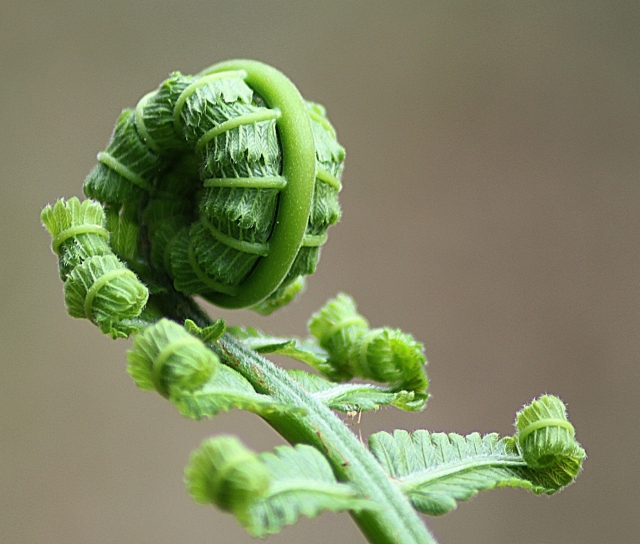The exceptional events of past few months have tested our resilience as a society, a publishing community, and as individuals. Here at PUP, we are greeting the month of May, traditionally one of rebirth and new beginnings, as a time for resilience, reflection, and—as needed—evolution. Optimism, friendship, mindfulness, perspective (both geological and otherwise), nature, a sense of purpose—there are as many ways to expand our capacities for resilience as there are books to explore.
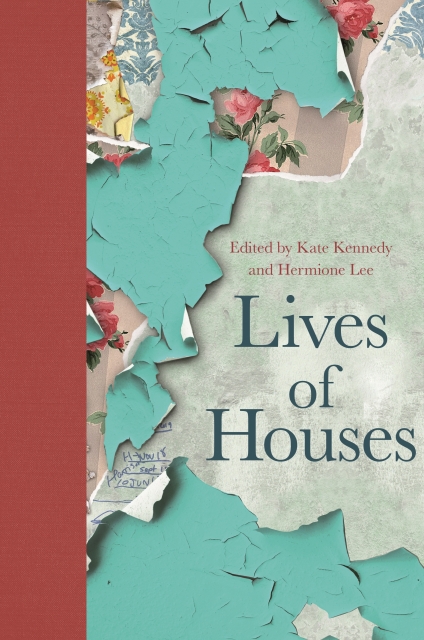
Lives of Houses
What can a house tell us about the person who lives there? Do we shape the buildings we live in, or are we formed by the places we call home? And why are we especially fascinated by the houses of the famous and often long-dead? In Lives of Houses, a group of notable biographers, historians, critics, and poets explores these questions and more through fascinating essays on the houses of great writers, artists, composers, and politicians of the past.
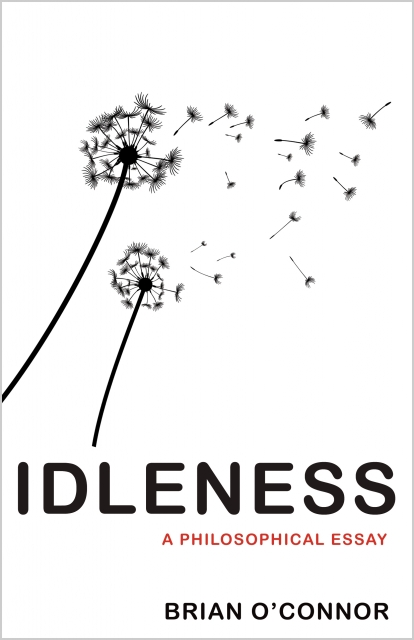
Idleness: A Philosophical Essay
For millennia, idleness and laziness have been regarded as vices. We’re all expected to work to survive and get ahead, and devoting energy to anything but labor and self-improvement can seem like a luxury or a moral failure. In Idleness, the first book to challenge modern philosophy’s portrayal of inactivity, Brian O’Connor argues that the case against an indifference to work and effort is flawed?—?and that idle aimlessness may instead allow for the highest form of freedom.
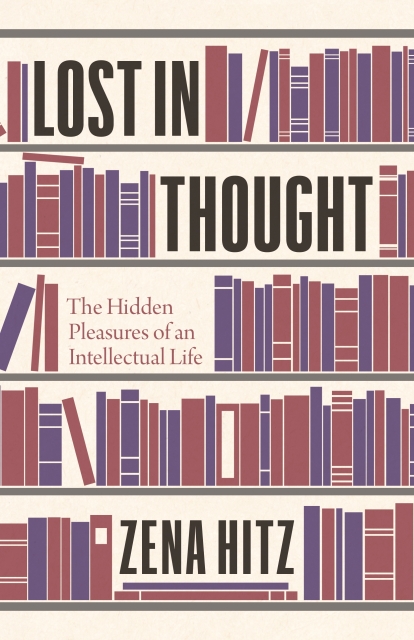
Lost in Thought: The Hidden Pleasures of an Intellectual Life
In an overloaded, superficial, technological world, in which almost everything and everybody is judged by its usefulness, where can we turn for escape, lasting pleasure, contemplation, or connection to others? While many forms of leisure meet these needs, Zena Hitz writes, few experiences are so fulfilling as the inner life, whether that of a bookworm, an amateur astronomer, a birdwatcher, or someone who takes a deep interest in one of countless other subjects. Drawing on inspiring examples, from Socrates and Augustine to Malcolm X and Elena Ferrante, and from films to Hitz’s own experiences as someone who walked away from elite university life in search of greater fulfillment, Lost in Thought is a passionate and timely reminder that a rich life is a life rich in thought.
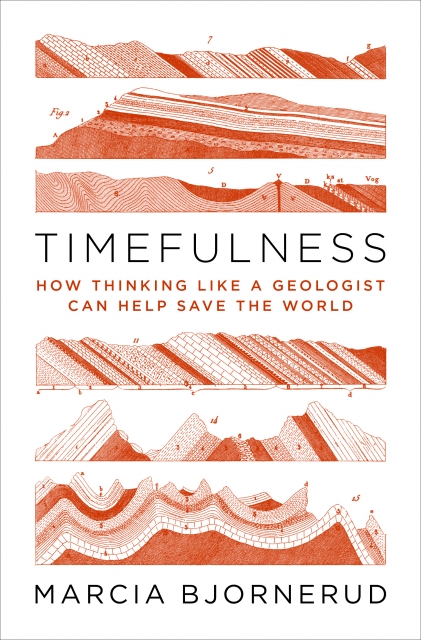
Timefulness: How Thinking Like a Geologist Can Help Save the World
Few of us have any conception of the enormous timescales in our planet’s long history, and this narrow perspective underlies many of the environmental problems we are creating for ourselves. The passage of nine days, which is how long a drop of water typically stays in Earth’s atmosphere, is something we can easily grasp. But spans of hundreds of years—the time a molecule of carbon dioxide resides in the atmosphere—approach the limits of our comprehension. Our everyday lives are shaped by processes that vastly predate us, and our habits will in turn have consequences that will outlast us by generations Timefulness reveals how knowing the rhythms of Earth’s deep past and conceiving of time as a geologist does can give us the perspective we need for a more sustainable future.
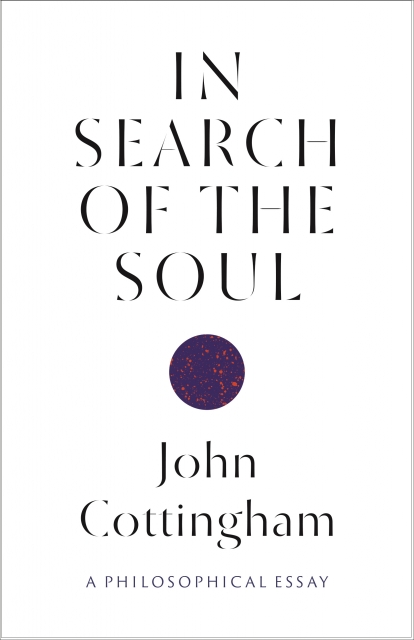
In Search of the Soul: A Philosophical Essay
The concept of the soul has been a recurring area of exploration since ancient times. What do we mean when we talk about finding our soul, how do we know we have one, and does it hold any relevance in today’s scientifically and technologically dominated society? From Socrates and Augustine to Darwin and Freud In Search of the Soul takes readers on a concise, accessible journey into the origins of the soul in Western philosophy and culture, and examines how the idea has developed throughout history to the present.
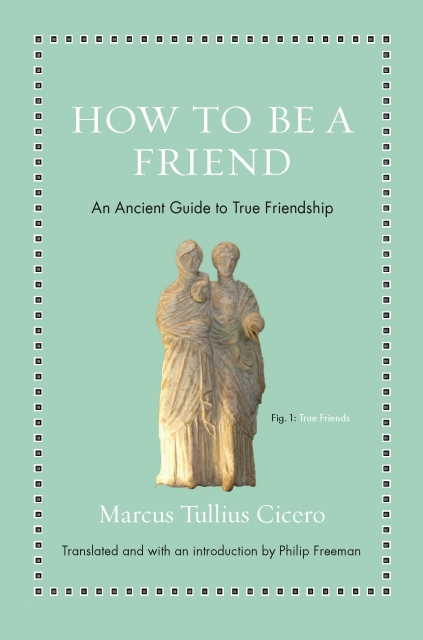
How to Be a Friend: An Ancient Guide to True Friendship
In a world where social media, online relationships, and relentless self-absorption threaten the very idea of deep and lasting friendships, the search for true friends is more important than ever. In this short book, which is one of the greatest ever written on the subject, the famous Roman politician and philosopher Cicero offers a compelling guide to finding, keeping, and appreciating friends. With wit and wisdom, Cicero shows us not only how to build friendships but also why they must be a key part of our lives. For, as Cicero says, life without friends is not worth living.
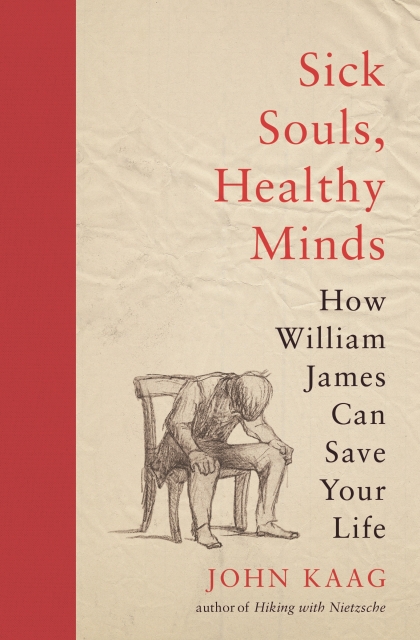
Sick Souls, Healthy Minds: How William James Can Save Your Life
In 1895, William James, the father of American philosophy, delivered a lecture entitled “Is Life Worth Living?” It was no theoretical question for James, who had contemplated suicide during an existential crisis as a young man a quarter century earlier. Sick Souls, Healthy Minds is a compelling introduction to James’s life and thought that shows why the founder of pragmatism and empirical psychology—and an inspiration for Alcoholics Anonymous—can still speak so directly and profoundly to anyone struggling to make a life worth living.
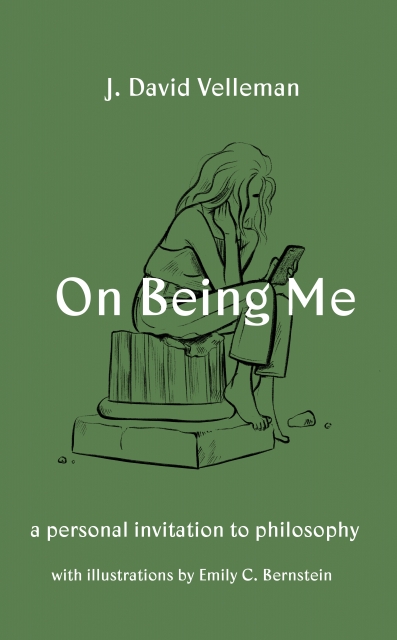
On Being Me: A Personal Invitation to Philosophy
We’ve all had to puzzle over such profound matters as birth, death, regret, free will, agency, and love. How might philosophy help us think through these vital concerns? In On Being Me, renowned moral philosopher J. David Velleman presents a concise, accessible, and intimate exploration into subjects that we care deeply about, offering compelling insights into what it means to be human.
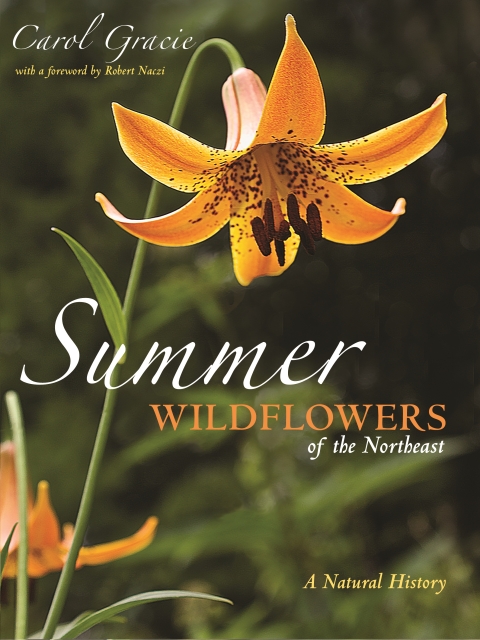
Summer Wildflowers of the Northeast: A Natural History
This exquisitely illustrated volume provides an accessible, in-depth introduction to summer-blooming wildflowers of the northeastern United States and Canada. Featuring more than 700 detailed color photos and a large, beautifully designed format, the book delves into the life histories of more than thirty-five wildflowers and their relatives, from common roadside favorites, such as asters and milkweeds, to interesting, lesser-known species, including Indian pipe and ginseng.
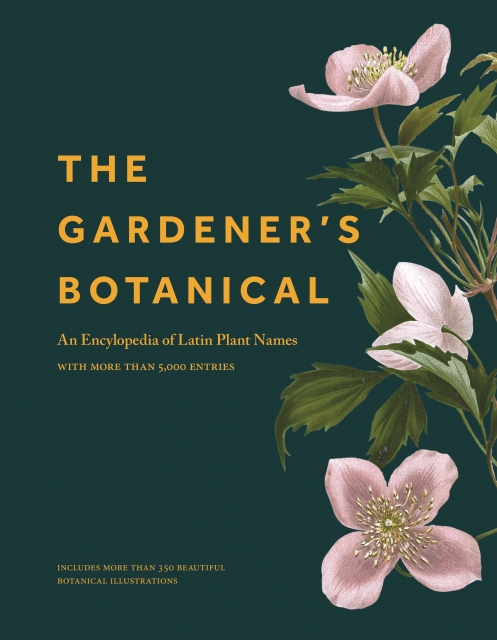
The Gardener’s Botanical: An Encyclopedia of Latin Plant Names - with More than 5,000 Entries
Unlock the secrets of botanical Latin with this beautifully illustrated encyclopedia. The Gardener’s Botanical contains definitions of more than 5,000 plant names—from abbreviatus (“shortened”) to zonatus (“with bands”)—along with more than 350 color illustrations.
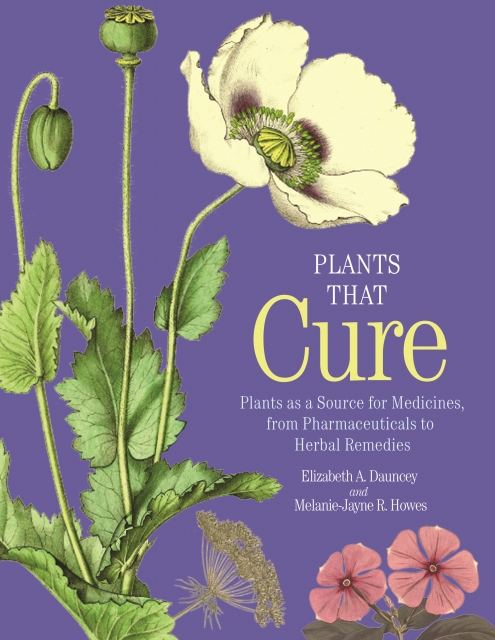
Plants That Cure: Plants as a Source for Medicines, from Pharmaceuticals to Herbal Remedies
Of the nearly 400,000 plants that have evolved on Earth, around seven percent of them have been used in traditional herbal medicine or as local remedies. More recently, scientific studies have revealed how plants may be sources of important medicines, often in the form of single isolated compounds. Plants That Cure explores these critical compounds and the plants that produce them.
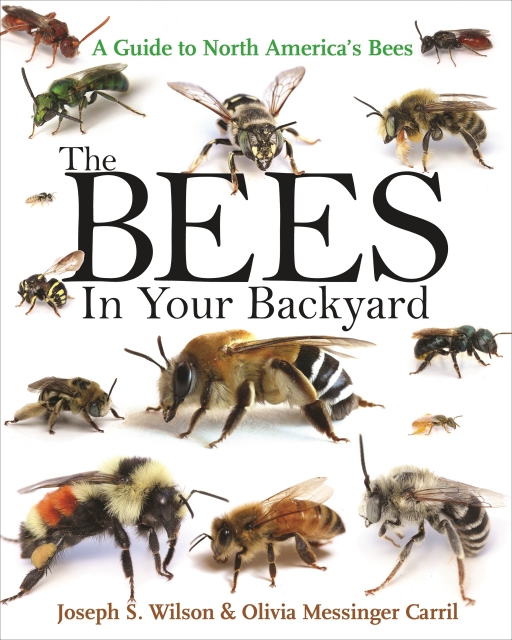
The Bees in Your Backyard: A Guide to North America’s Bees
The Bees in Your Backyard provides an engaging introduction to the roughly 4,000 different bee species found in the United States and Canada, dispelling common myths about bees while offering essential tips for telling them apart in the field.
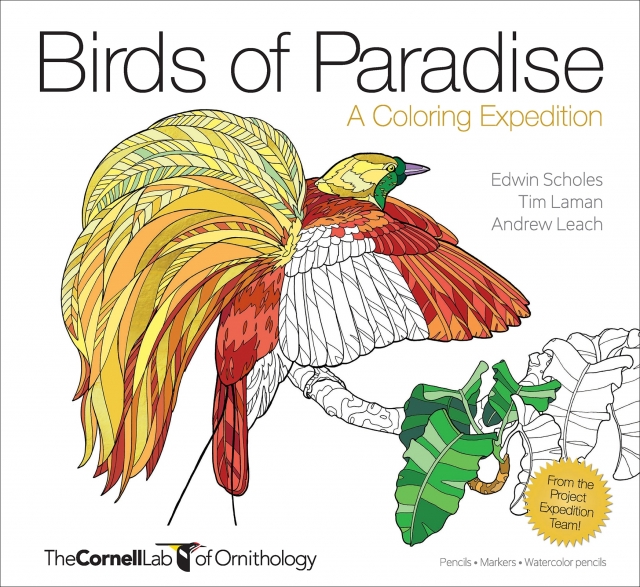
Birds of Paradise: A Coloring Expedition
From the authors of National Geographic’s Birds of Paradise, Tim Laman and Edwin Scholes, and Cornell Lab illustrator, Andrew Leach, Birds of Paradise: A Cornell Lab Coloring Expedition, brings the stunning and amazing world of Birds of Paradise to birders and coloring enthusiasts everywhere.
